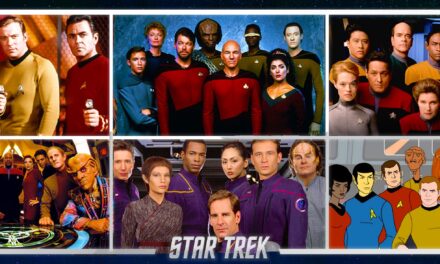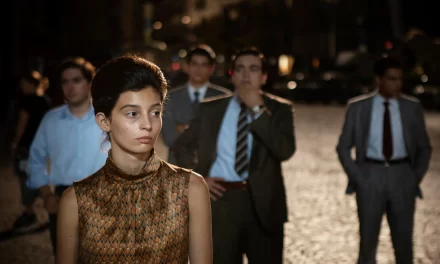The past 20 years have seen the rise of the once-humble television series to new heights of popular success and critical estimation. Given this rise, this book asks if and how contemporary scripted television and web series can be read as a form of literature. While Jason Mittel and others have made a convincing case that complex contemporary TV series constitute a unique art form and should be described on their own terms, there can be equally little doubt that TV series are closely related to various forms of literature, most obviously perhaps drama and the novel, but also, arguably, poetry. Although the adaptation of literary texts into TV series is not strictly excluded from the volume, the primary focus of this book lies on trying to understand the TV series themselves as literature, with all the implications such an understanding brings with it. Part of the project will therefore consist in reconsidering what “literature” might mean in our thoroughly mediated world.
On a thematic level, the book is interested in how contemporary TV series balance and negotiate the space delimited by the ordinary, the everyday, on the one hand, and the extraordinary, strange, sometimes even supernatural, on the other. In addition to pointing to a fundamental dynamic at work in the themes as well as the plots of a great many TV series, the trajectory from the ordinary to the exceptional also describes the evolution of the TV series itself, from mass-produced, disposable entertainment to intensely debated and appreciated works of narrative art. The book is intended to be international in scope, aiming to cover TV and web series produced in a range of countries. High-profile primetime shows are, of course, objects of study we are interested in. Nonetheless, other forms of television – such as comedy or documentary – are welcome as well as works potentially analysable as literature.
As far as methodology is concerned, we are looking for contributions by scholars from a wide range of disciplines. Our goal is to bring TV, literature, adaptation, film, and drama scholars, as well as scholars from other fields such as philosophy, media studies and cultural studies together to provide fresh and valuable perspectives on both television series and literature and build a case for (or question the idea of) considering the popular medium of TV as literature. We would like to encourage our contributors to approach the subject using all the textual, conceptual, cultural and/or philosophical tools at the disposal of their disciplines. We welcome contributions offering theoretical views on television as a specific – or all-encompassing – literary form as well as well-informed case studies.
Please send your abstract (500 words max.) to the editors by Feb 15, 2019.
Editors:
Victor Huertas Martín (vmhuertas@invi.uned.es)
Reto Winckler (retowinckler@link.cuhk.edu.hk)





